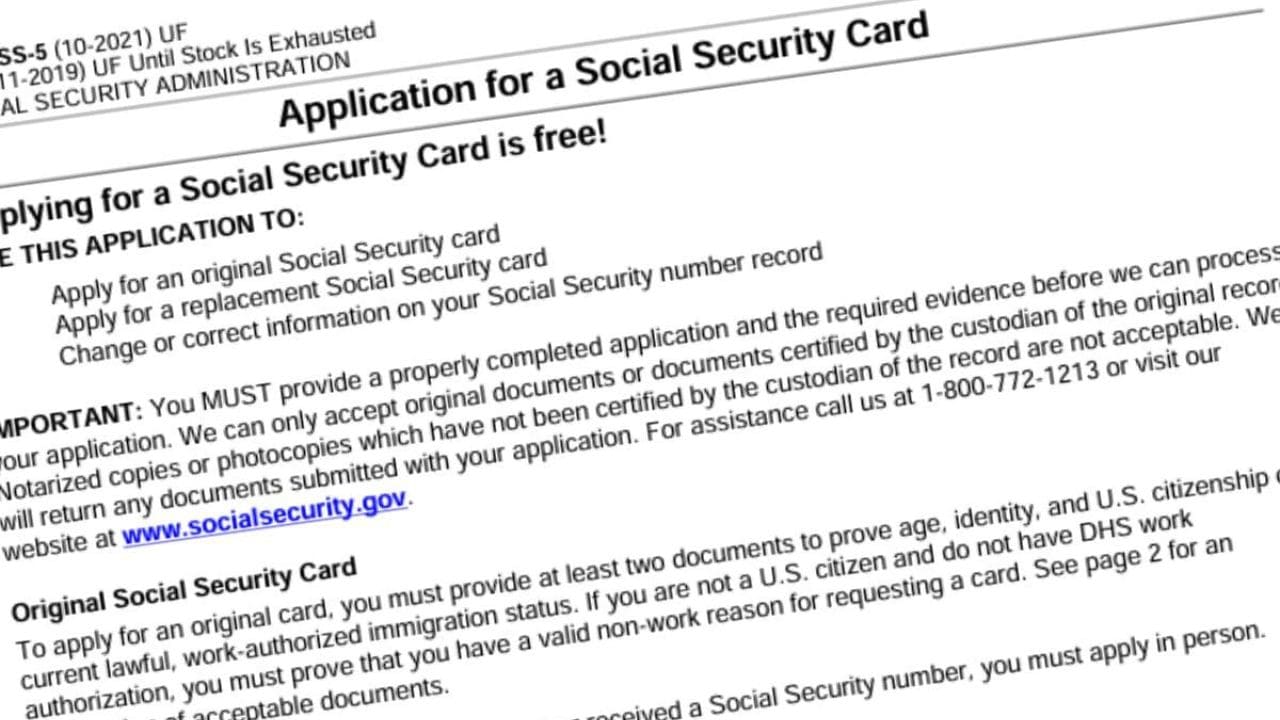Many people in the United States believe that reaching the minimum retirement age is sufficient to start getting Social Security benefits. However, the reality is that reaching age 62 is only one of several requirements necessary to qualify for this benefit. There are several factors that determine whether an individual will qualify for Social Security retirement. In some cases, individuals may be surprised to discover that they do not meet all of the necessary conditions, despite having reached the minimum age.
Social Security is a key tool for ensuring financial stability in retirement, but not all workers have immediate access to these benefits when they reach minimum retirement age. This program is designed to cover those who have worked and contributed to the system for a certain period of time. The following will detail the requirements that determine whether or not a person can get these payments, beyond age.
In addition to age, other important elements such as work history and the amount of credits earned during one’s working life are also determining factors. If you have not worked long enough or if you have not accumulated the necessary credits, even if you have reached the minimum age, you may not be eligible for a Social Security benefit.
All the requirements for Social Security retirement
To qualify for Social Security retirement, it is not only enough to have reached age 62, but it is also essential to meet certain work requirements set by the Social Security Administration (SSA). One of the most important requirements is to have worked a minimum number of years and to have accumulated credits throughout one’s working life.
A worker needs to have accumulated at least 40 credits to be eligible for full retirement. These credits are awarded based on annual earnings, and in 2024, for example, one credit is awarded for every $1,640 of earnings, up to a maximum of 4 credits per year. Therefore, if someone has worked for at least 10 years, they may have accumulated the required 40 credits. However, it is important to note that you can only earn up to 4 credits per year.
If you do not have enough credits, you will not be eligible for Social Security retirement, even if you have reached the minimum retirement age. There are other assistance programs, but they are not related to Social Security. Even so, applying for retirement under that criteria may cause us to have an insufficient check. It is best to maximize your Social Security payment before you apply.
How do I get Social Security without reaching age 62?
Although the minimum age to start getting Social Security benefits is 62, some people may qualify for other benefits even before that age. However, to get Social Security without reaching age 62, people must be disabled or the survivor of a deceased worker.
- Disability Benefits: Individuals who are disabled before reaching age 62 may be eligible to get disability benefits. To qualify, applicants must have worked a sufficient number of years and earned the necessary credits for their situation.
- Survivors’ benefits: If a worker dies, his or her immediate family members, such as a spouse or minor children, may be eligible to get Social Security benefits before retirement age. These payments are based on the deceased’s work history and any credits he or she has accumulated.
It is important to note that disability benefits are not equivalent to retirement benefits and often have specific eligibility requirements based on an inability to work. In addition, those who qualify for disability or survivor benefits can get monthly payments from an early age without having to wait until age 62.
In summary, while reaching age 62 is a crucial step, it is not the only requirement for obtaining a Social Security benefit. The amount of work credits earned and personal circumstances, such as disability or survivor status, play an equally important role in determining the benefits that can be gotten.








